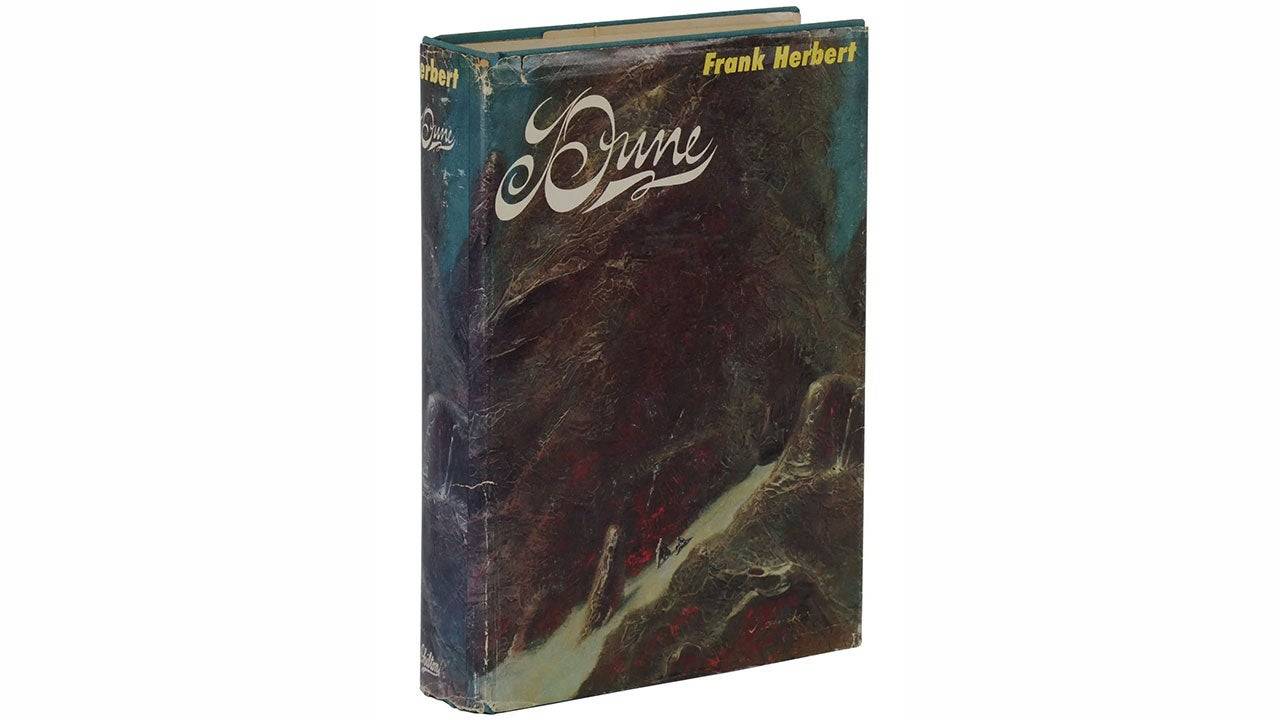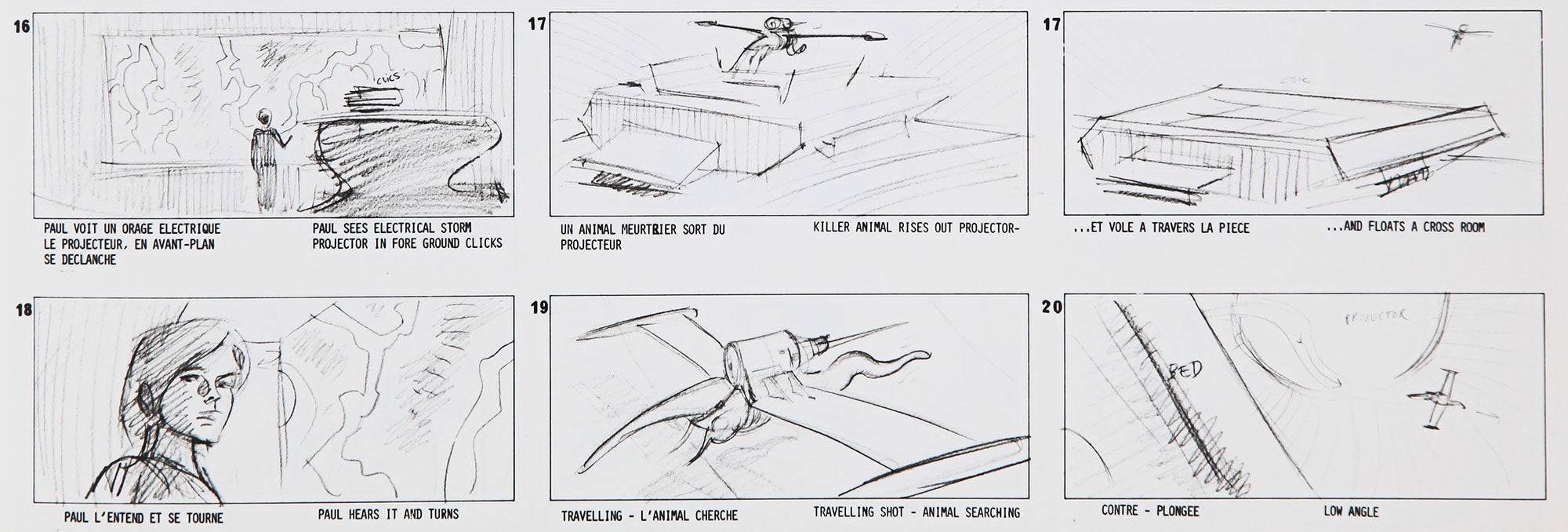by Jack Feb 19,2025
Ridley Scott's Lost Dune: A 40-Year-Old Script Unveiled
This week marks four decades since David Lynch's Dune premiered, a box office flop that's since cultivated a devoted cult following. This stands in stark contrast to Denis Villeneuve's recent big-screen adaptation of Frank Herbert's classic novel. Ridley Scott's involvement, before Lynch, remained largely shrouded in mystery—until now.
A 133-page draft of Scott's abandoned Dune screenplay, penned by Rudy Wurlitzer in October 1980, has been unearthed from the Coleman Luck archives at Wheaton College. This script, a significant departure from Herbert's original two-part adaptation, offers a fascinating glimpse into a very different Dune.
Scott, fresh off the success of Alien, inherited a screenplay that was both faithful and dramatically unsuited for the screen. He initially planned to use a handful of scenes from this adaptation but ultimately commissioned Wurlitzer (known for Two-Lane Blacktop and Walker) for a complete rewrite. Like Herbert's and Villeneuve's versions, this script was envisioned as the first part of a two-film saga.
Wurlitzer himself described the project as challenging, stating that structuring the narrative consumed more time than writing the final script. He claimed to maintain the book's essence while infusing a unique sensibility. Scott later confirmed the script's quality to Total Film in 2021.
Numerous factors contributed to the project's demise, including the death of Scott's brother, his reluctance to film in Mexico (as per De Laurentiis's demands), a ballooning budget exceeding $50 million, and the allure of Universal's Blade Runner project. However, a key factor, as noted in A Masterpiece in Disarray – David Lynch's Dune, was the script's failure to garner universal acclaim within Universal Pictures.
This newly discovered script presents a markedly different Paul Atreides. Instead of the brooding figure portrayed by Timothée Chalamet, Wurlitzer's Paul is a 7-year-old boy, showcasing an assertive nature and "savage innocence." His journey is one of rapid growth, culminating in his surpassing even Duncan Idaho in swordsmanship by age 21. This contrasts with Lynch's portrayal, where Paul's vulnerability adds a layer of tension.

The script introduces a significant plot twist: the Emperor's death serves as the catalyst for the unfolding events. This differs from the book, where the Emperor's machinations drive the narrative. The Baron Harkonnen's iconic line, "He who controls the spice controls the universe," appears in a slightly altered form.
The script also features a vivid depiction of the Guild Navigator, a spice-mutated being, and offers a medieval aesthetic to Arrakis, emphasizing swords and feudal customs. The ecological impact of spice harvesting is highlighted, mirroring Villeneuve's focus on environmental themes.
The script introduces several action-packed sequences, including a bar brawl in Arakeen, where Paul displays his prowess. The depiction of Arakeen itself is notably grittier and more realistic, emphasizing class disparity and societal decay.

The Hunter-Seeker, instead of a small mechanical device, takes the form of a bat-like creature with a cobra's head, echoing elements from Jodorowsky's unmade version. The violence is significantly ramped up, featuring graphic depictions of combat and death.
Paul and Jessica's escape into the desert is a harrowing ordeal, culminating in a tense encounter with a massive sandworm. The script notably omits the controversial incestuous relationship between Paul and Jessica, a point of contention with Herbert and De Laurentiis.
The script concludes with a Water of Life ceremony, featuring a shamanistic figure and a giant sandworm, showcasing a blend of mystical and ecological elements. Paul's acceptance into the Fremen tribe and his impending sandworm ride are hinted at, but not explicitly shown.
While this script deviates significantly from Herbert's novel, it offers a unique interpretation, emphasizing ecological concerns, political intrigue, and the complex character of Paul Atreides. It's a testament to the enduring power of Herbert's story and the potential for diverse cinematic interpretations. The script's failure to find favor with the studio may be attributed to its dark and adult themes, a stark contrast to the more audience-friendly adaptations that followed. Yet, it remains a compelling piece of cinematic history, a lost vision of Dune that might have been.
Forsaken Characters Ranked: Tier List Update 2025
How to Use Cheats in Balatro (Debug Menu Guide)
State of Play Reveals Exciting Updates: PlayStation February 2025 Showcase
Infinity Nikki – All Working Redeem Codes January 2025
Roblox: Obtain Secret Codes for January 2025 (Updated)
Pokémon GO Raids in January 2025
Wuthering Waves: Redeem Codes for January 2025 Released!
LEGO Ninjago Sets Top the Charts (2025)